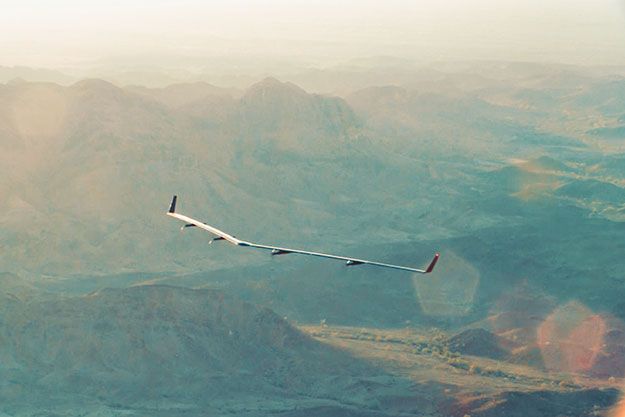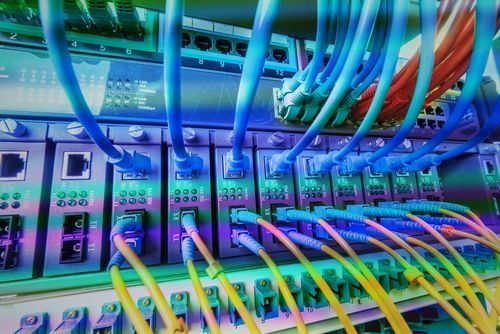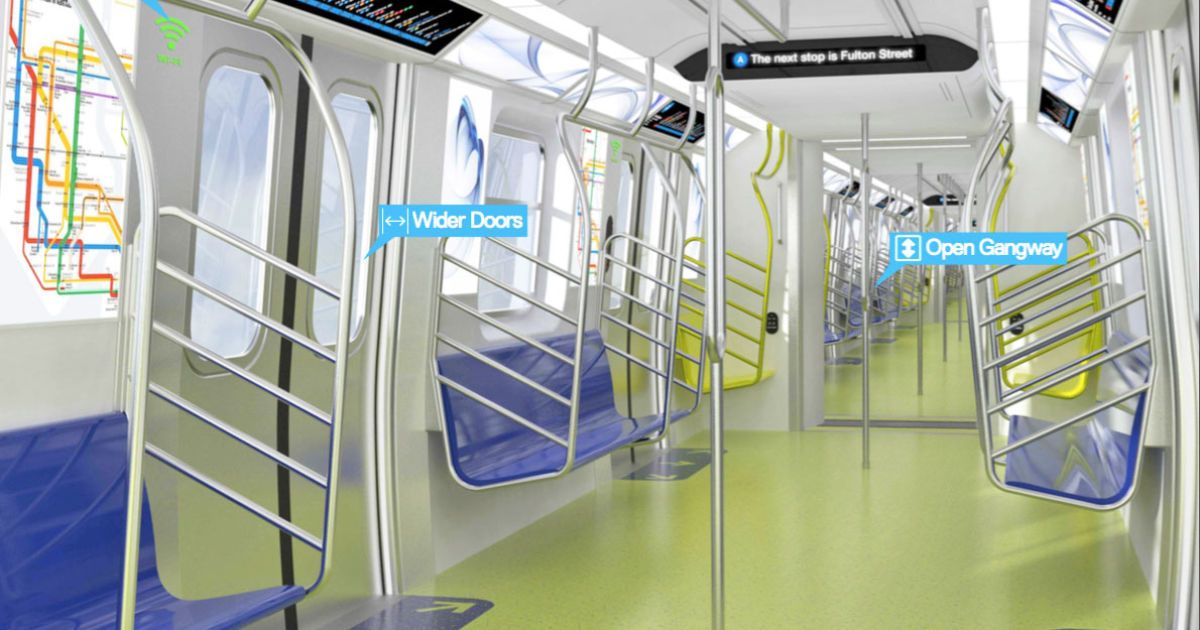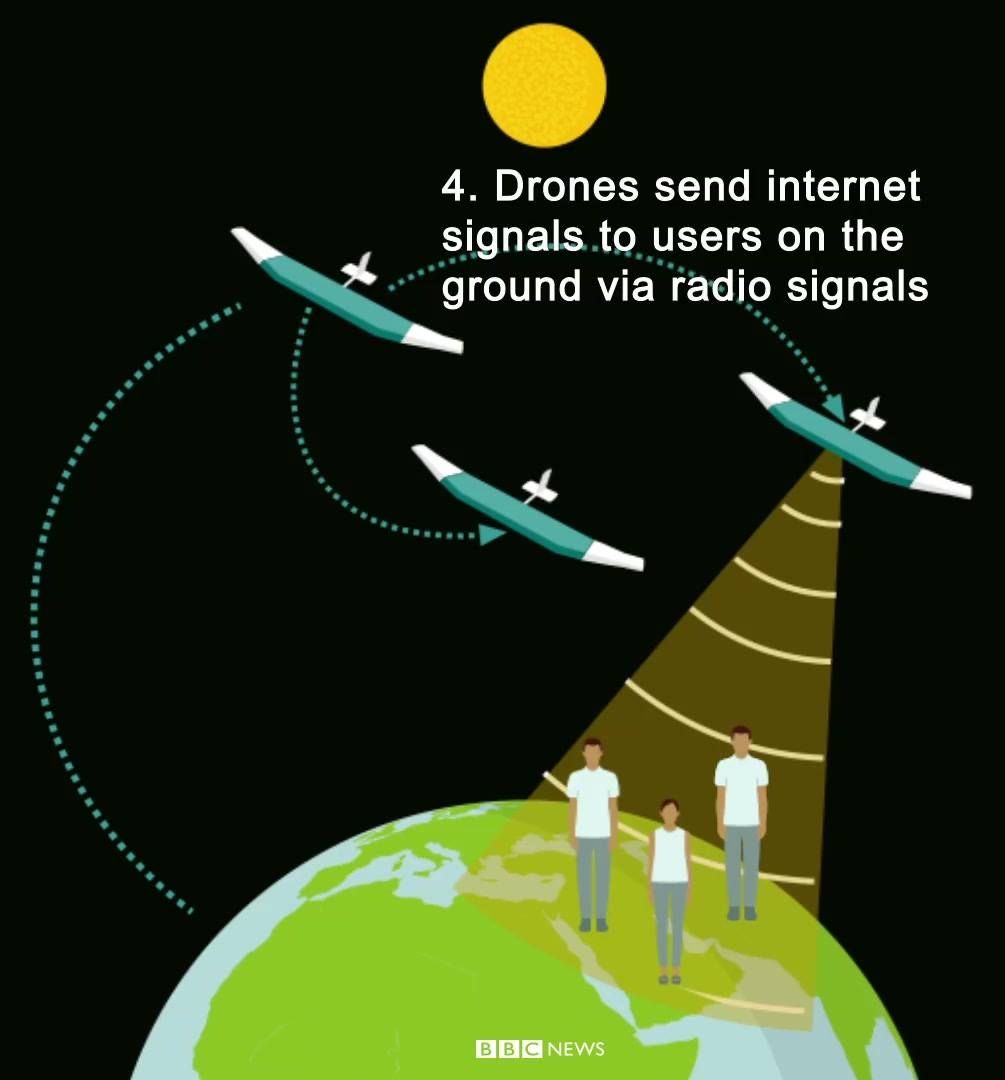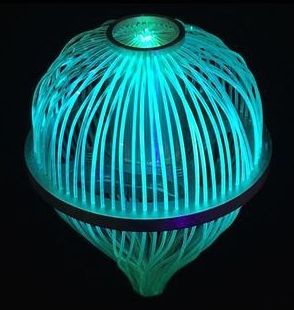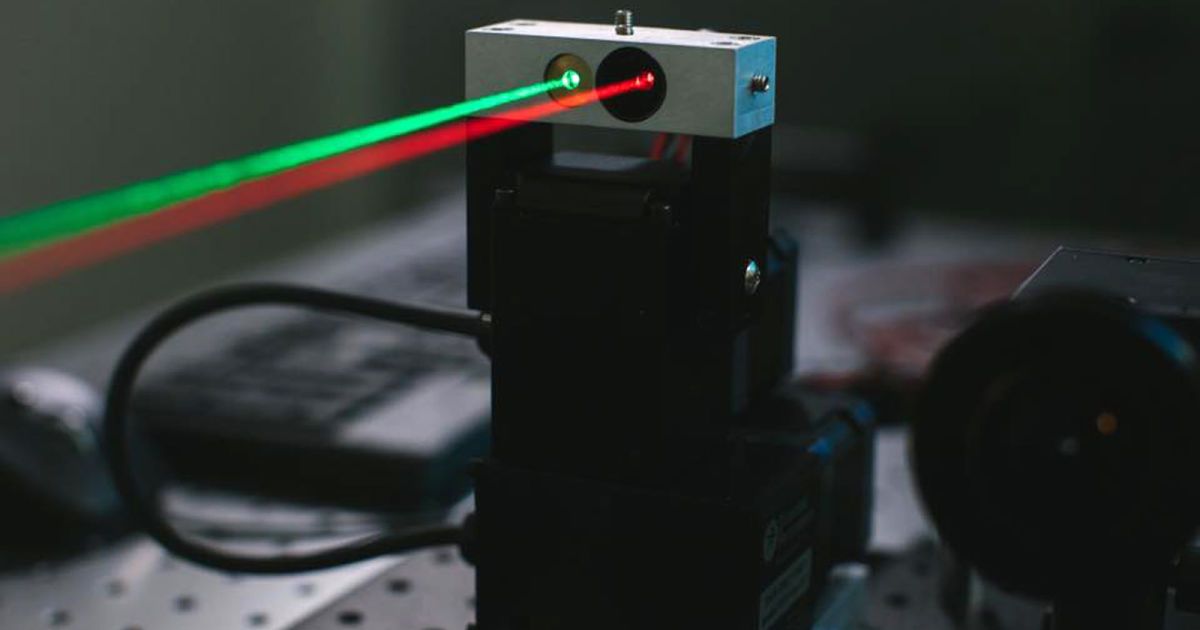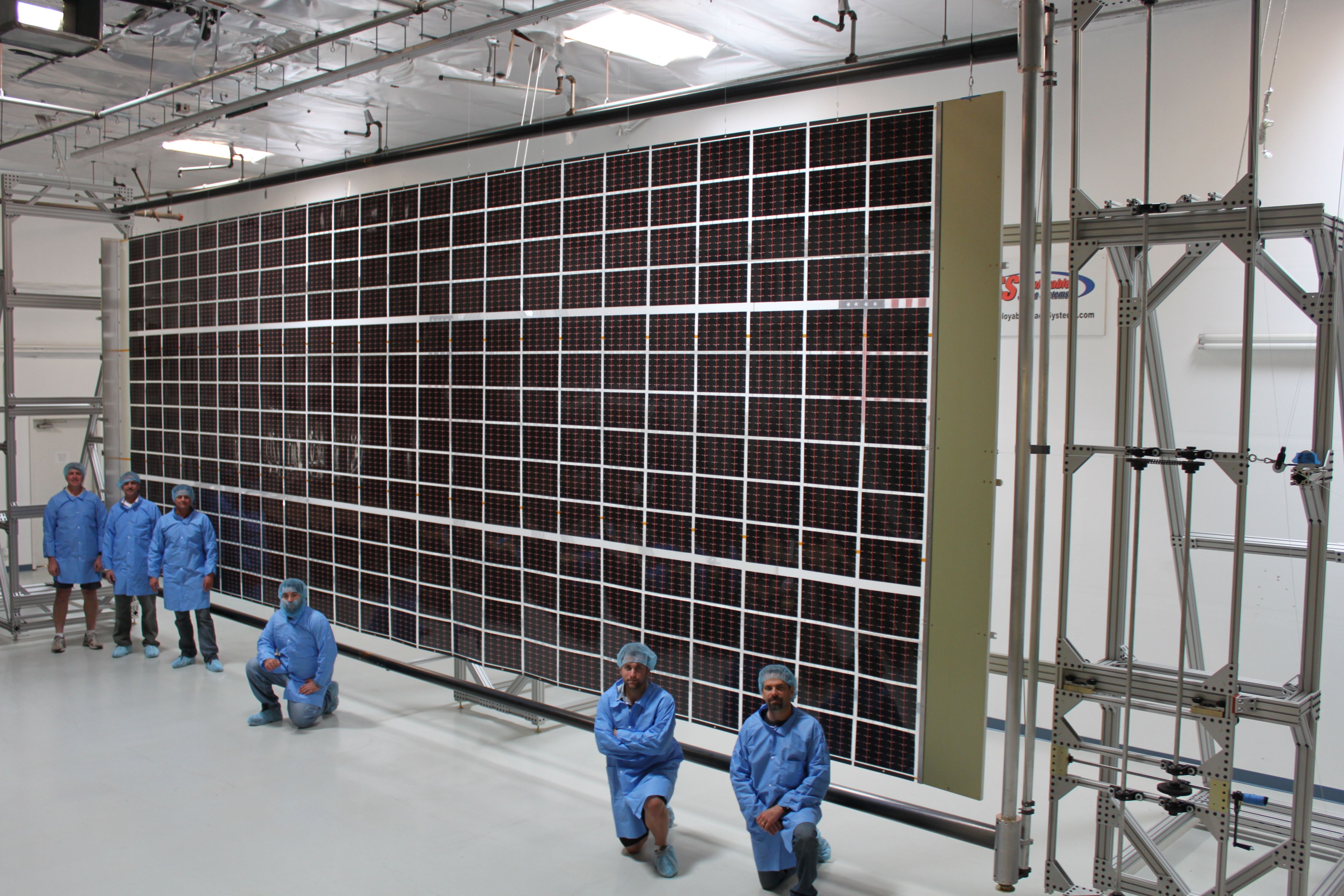Luv this.
The University of Bristol’s Quantum Technology Enterprise Centre (QTEC) is looking to recruit its first cohort of Enterprise Fellows that will be the next generation of quantum technology entrepreneurs.
Merging training in systems thinking, quantum engineering and entrepreneurship, QTEC will provide the necessary skills for budding innovators to develop their own business ideas and for them to branch out into the emerging field of quantum technologies.
The Centre, which is the first of its kind in the world, was funded as part of the UK’s £270 million investment into quantum technologies. These technologies exploit the laws of quantum mechanics to create practical and useful technologies that will outperform their classical rivals and that have the potential to transform artificial intelligence, healthcare, energy, finance, cyber security and the internet.
